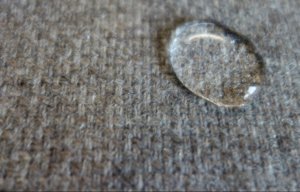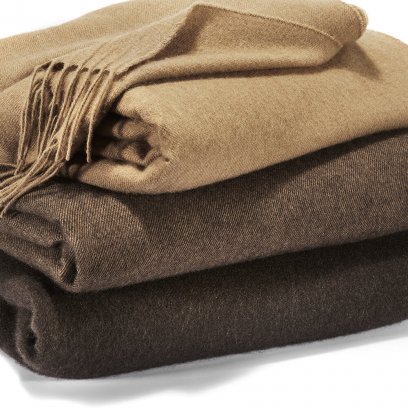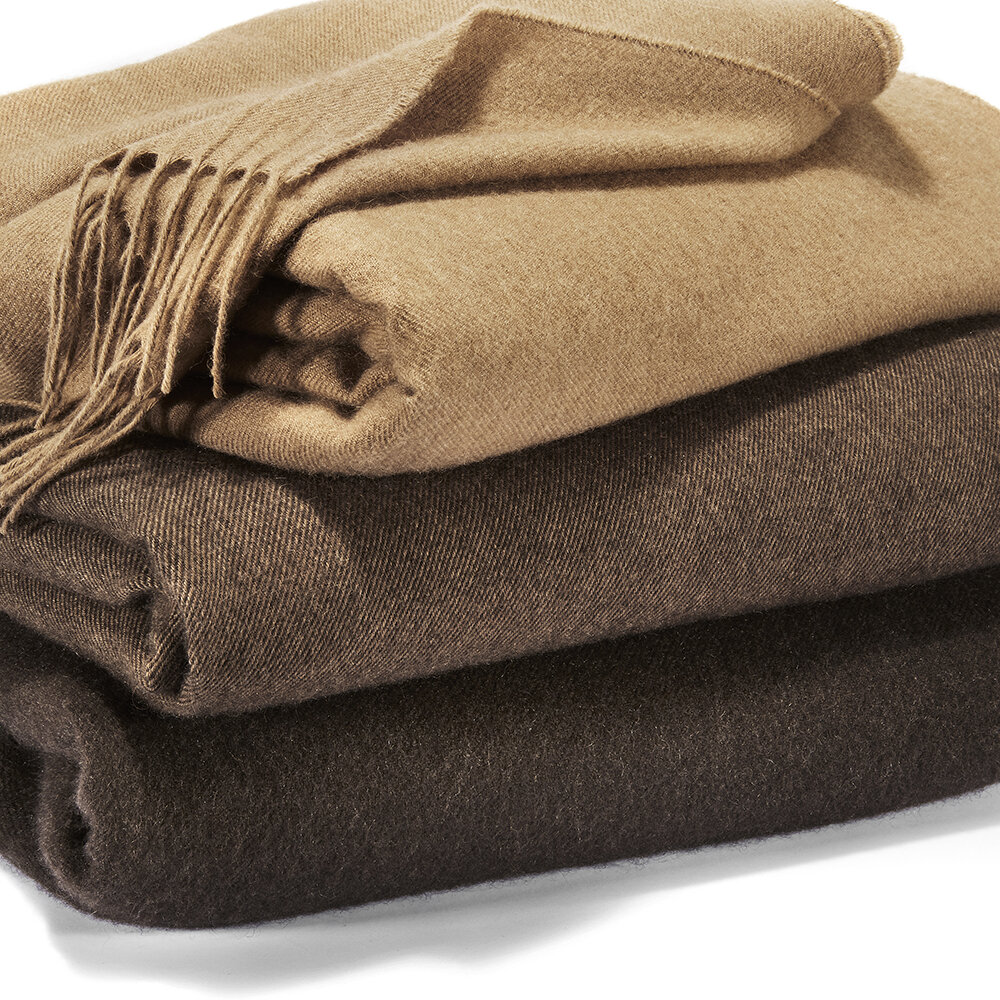
Huntsman and Tengri launch limited edition ‘Noble’ yak fabrics
Provides prestige fibres with 100% transparent supply chains, supporting preservation of land, people and animals

25th June 2020
Innovation in Textiles
|
London
 © Tengri.
© Tengri.
Luxury markets innovator, Tengri, which since 2014 has championed the manufacture of noble yarns and fibres from the endemic Khangai yak of the remote north-west region of Mongolia, has strengthened work with its co-operatives of over 4,500 herder families to introduce a rare new yarn to the luxury market. Introducing the precious fibres of the Khangai camel, the London-based collaborative will, the company says, further enable ethical business streams for nomadic herder communities and support critical land and ecosystem preservation.
“The global fashion and textile industries will see the entrance of a new fibre, offering ethical systemic production provenance and superior qualities,” Tengri said in a statement. “The Khangai camel, which roams semi-wild with the nomadic herders of the Khangai, bears similar properties to the ancient Khangai yak, growing hair with unique textures and colourings found only in species native to the remote region. Indigenous to the Khangai, these camels enable biodiversity and wildlife to thrive, helping to address the problem of land degradation caused by the over-intensive rearing of non-indigenous animals.”
Grazing on mineral-rich grasslands, in a distinctive ecosystem with micro-fluctuations in temperatures, is said to cause the camels to produce coats softer than those of any other camel species in Mongolia, with properties seen in many of the world’s most luxurious natural fibres. This results in yarns that are exquisitely soft, warmer than merino wool, water resistant, breathable and hypoallergenic, Tengri adds.
“Fibres are hand combed from the underbelly of the indigenous baby Khangai camel just once a year by nomadic herders, when the camels shed their first winter coats. From combing to completion, the development process combines creative artistry, science, the purest raw fibres and finest yarn construction,” Tengri adds.
Back in the UK, the fibres are spun at a heritage mill in Yorkshire, where traditional skills in textile manufacturing, with French Huguenot origin, date back to 1856. The fibres are processed in the soft water of the Yorkshire Pennines, a natural ingredient and unique aspect of the Huddersfield textile weaving industry, aiding the production of exquisite pieces.
Nancy Johnston, Founder of Tengri, comments: “Our ongoing work in material innovation sees the creation of new fabrics with ancient natural fibres not recognised by the industry until now. For Tengri, pioneering a new status quo has never been more relevant than in the current environmental landscape. The development of our noble yarns family enables the fashion and textile industries to operate with more accountability, steering towards a world where land, animals and people are cherished, nurtured and respected.”
Tengri says it has offered consumers a progressive and sustainable alternative to environmentally damaging fibres and supply chains since the brand’s inception, supplying a growing audience of discerning and conscientious buyers seeking premium quality as a sustainable alternative to environmentally damaging premium fibres. Tengri Noble Yarns provide the luxury industry with new and unique textiles, combining heritage skills, innovation, exclusivity and craftsmanship with sustainable, transparent supply chains, the company concludes.
The lifestyle brand, which currently collaborates with some of the globe’s leading prestige houses from Huntsman on Savile Row, to luxury bedmaker Savoir Beds, offers timeless, unisex fashion, and interiors collections. Tengri will debut the new ‘golden fleece’ in its homeware series launching this month, with tailoring fabrics to follow. Three natural colours – Blonde, Caramel and Cayenne – will be available.

Business intelligence for the fibre, textiles and apparel industries: technologies, innovations, markets, investments, trade policy, sourcing, strategy...
Find out more